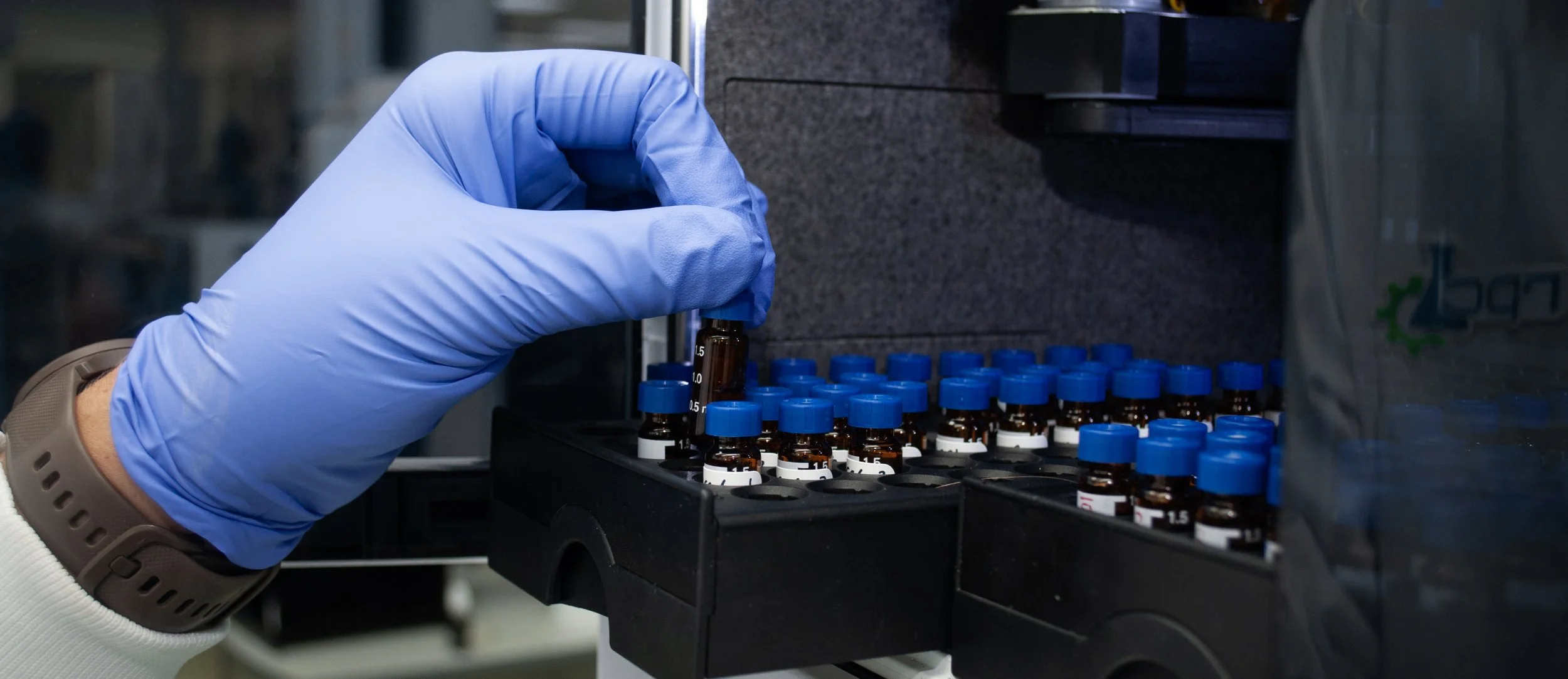Quality as a Foundation for Excellence: Compliance, Third-Party Validation, and Their Role in Achieving Outstanding, Sustainable Performance
As well as celebrating World Quality Week this week, RPC is marking 25 years of ISO 9001 certification in 2025. At RPC, we believe that ISO and other standards are more than just a baseline – they’re a foundation for excellence. For us, our Quality Management System (QMS) is about building trust through rigorous processes and validated results. But a true commitment to quality leads to continuously improving how we work, how we collaborate and lead, and how we innovate. Which is to say, our commitment to quality leads to our ability to deliver excellence. So let’s talk about excellence and its relationship to quality.
Protecting Shellfish Health: RPC’s Role in Diagnosing MSX, Dermo and SSO
Shellfish play an important role in Atlantic Canada’s coastal ecosystems and economies. Like other marine organisms, they are susceptible to disease, and one of the more serious threats to oyster populations is MSX (Multinucleated Sphere Unknown), a parasitic condition caused by Haplosporidium nelsoni. RPC provides diagnostic testing for MSX, along with other notable shellfish pathogens including Dermo (Perkinsus marinus) and SSO (Haplosporidium costale). These services support aquaculture operations, regulatory agencies, and research initiatives focused on shellfish health and disease management.
RPC and Real-Time PCR for Lyme Disease Detection
RPC has over 25 years of molecular analysis experience. Included in their expertise is Real-Time PCR (Polymerase Chain Reaction), a powerful tool used to detect DNA sequences. This same technique plays a vital role in addressing the escalating tick population—a consequence thought to be a result of climate change. In this article, we explore how Real-Time PCR aids RPC scientists in identifying the causative agents of Lyme disease.
What You Need to Know About Radon Gas – Protect Your Family
Radon gas is a radioactive gas that occurs naturally from the decay of uranium in the ground. Undetectable by human senses, radon gas has no colour, smell or taste, and it could be affecting your health if it’s in your home. If you’re curious to know if radon gas is a problem in your home, there’s only one way to find out, and that’s to test for it.




